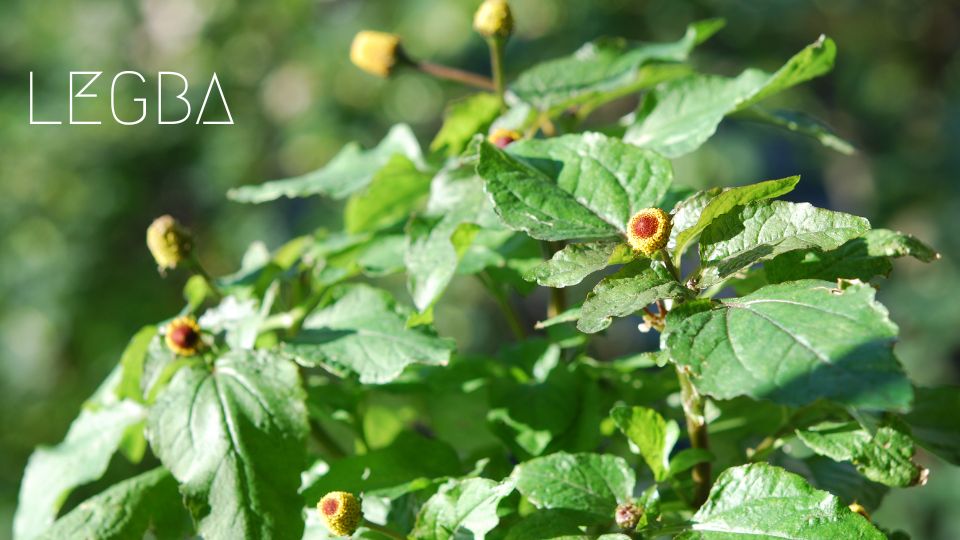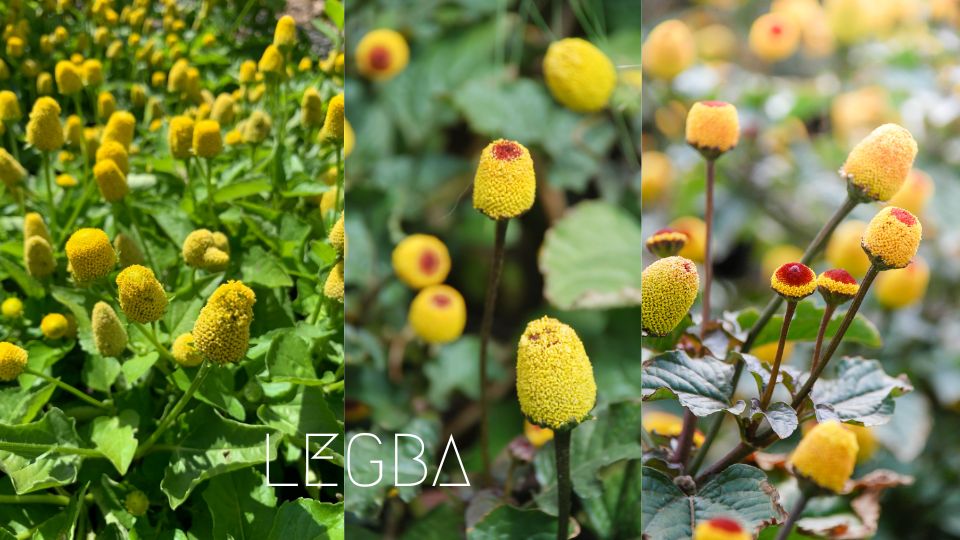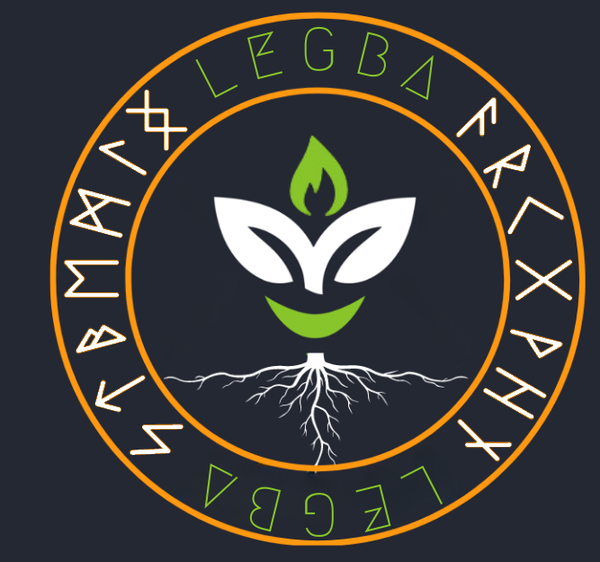Bred mafana
Growing Brèdes Mafane from LEGBA means integrating a
plant with fascinating taste and medicinal potential. Whether for
experiment with unique flavors or to add dimension
traditional to your dishes, Brèdes Mafane are a discovery
culinary and botanical not to be missed.
LEGBA
Brèdes Mafane: Electric Flavors and Culinary Traditions
Brèdes Mafane: Electric Flavors and Culinary Traditions
Couldn't load pickup availability
Shipping info (size, period...)
Shipping info (size, period...)
Plant available from April to the end of October
Detailed Description and Benefits
Detailed Description and Benefits
The Brèdes Mafane, originally from South America and adopted across
Southeast Asia, are renowned for their ability to transform
the taste experience. Their unique flavor literally “electrifies” the
palate, opening the taste buds to new dimensions of taste.
Traditionally valued for their anesthetic properties,
diuretic and digestive, they are a key component of cooking
traditional Malagasy and popular medicine.
How to cultivate it? Growing guide
How to cultivate it? Growing guide
- Soil : Prefers well-drained and fertilized soil, ideal for growing in pots with a water base.
- Location : Sunny, while avoiding direct exposure to the scorching rays of the afternoon sun.
- Climate : Sensitive to cold, requires protection or wintering indoors in temperate regions.
- Sowing : Preferably in a terrine or pot, under 1 cm of soil, in an environment at 18°C for optimal germination.
Did you know? (Discover exciting stories!)
Did you know? (Discover exciting stories!)
- Can Brèdes Mafane be consumed in Europe?
Although commonly used in Malagasy cuisine, their
consumption in Europe remains subject to caution in the absence of studies
confirming their safety. - How to harvest Brèdes Mafane?
Leaves and flower buds can be harvested from June to
October, preferably just before consumption to preserve their
freshness and their spicy effect. - Do Brèdes Mafane attract insects?
Yes, their summer flowering attracts various pollinators, enriching the biodiversity of your garden. - How to protect Brèdes Mafane from the cold?
In regions where temperatures drop below 0°C, it
It is advisable to cultivate Brèdes Mafane in pots to bring them indoors.
indoors during the winter. - Who are the main enemies of the Brèdes Mafane?
Although resistant to disease, they can be affected by
red spiders in dry conditions and aphids attracted by
ants.
FAQs
FAQs
- What is the origin of the cocoa tree?
Native to the tropical forests of America, the cocoa tree was central to Mayan and Aztec cultures. - Can you grow the cocoa tree indoors?
Yes, with enough light and humidity, but it must be protected from the cold. - Is the cocoa tree difficult to maintain?
It requires attention to simulate its tropical environment
natural, especially with regard to humidity and temperature. - How long does it take for a cocoa tree to produce beans?
It begins to produce flowers and potentially fruit 3 to 5 years after planting. - Does the cocoa tree have medicinal properties?
Yes, cocoa beans are rich in antioxidants and have several
health benefits, particularly cardiovascular and psychological.
Share




